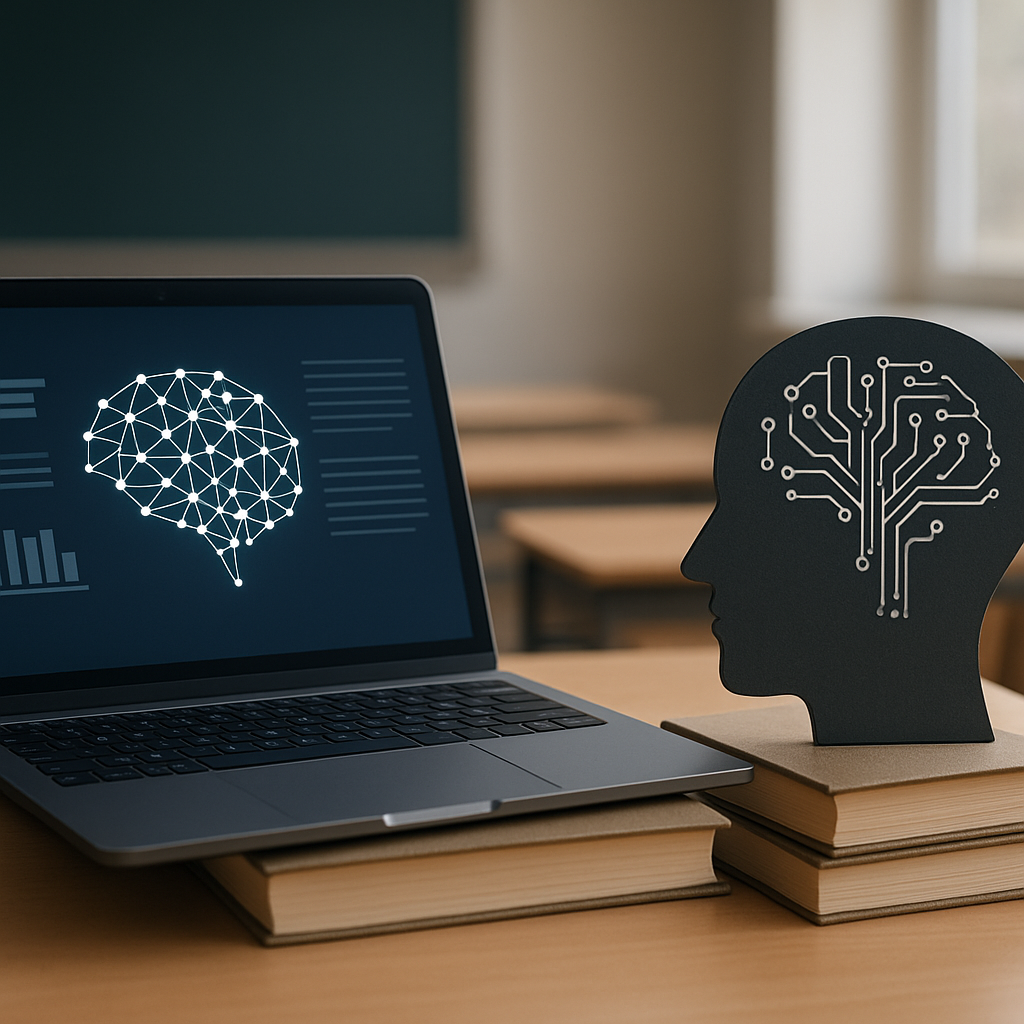Future of Personalized Learning with AI
Summary The integration of Artificial Intelligence (AI) in education is transforming traditional learning methods into highly personalized experiences. With innovations such as tailored lesson plans and data-driven assessments, educators ar
Summary
The integration of Artificial Intelligence (AI) in education is transforming traditional learning methods into highly personalized experiences. With innovations such as tailored lesson plans and data-driven assessments, educators are preparing the next generation for a tech-driven future. This article explores the implications of AI on personalized learning and the future of education.

The Shift Towards Personalized Learning
In recent years, the educational landscape has undergone significant changes driven by technological advancements. The advent of AI has paved the way for personalized learning, which caters to the unique needs of each student. This method emphasizes not only academic success but also individual growth and well-being.
Understanding Personalized Learning
Personalized learning is an educational approach that seeks to customize learning experiences to fit each student's strengths, needs, interests, and pace. This model allows educators to provide tailored lessons that foster student engagement and achievement.
The Role of AI in Education
AI technologies, such as machine learning and data analytics, are at the forefront of this educational transformation. These advancements can analyze student performance in real time and suggest adjustments aimed at improving learning outcomes. Some of the key AI-driven tools that support personalized learning include:
- Adaptive Learning Platforms: Software that adjusts content and pace based on individual progress.
- Learning Analytics: Tools that track student engagement and performance to fine-tune instructional methods.
- Chatbots and Virtual Assistants: AI-driven aides that provide immediate feedback and assistance to students.
Case Studies: AI Implementation in the Classroom
Recent initiatives in various educational institutions showcase the successful integration of AI technologies. Notable examples include:
San Francisco's AI School
In San Francisco, a new educational institution has emerged that prioritizes AI-driven personalized learning. It leverages data analytics to craft individualized learning journeys for each student. According to educators involved in the program, this innovative approach has led to improved engagement and understanding among students.
"The ability to adjust lessons in real time based on student needs places us in a position to facilitate deeper learning," said one of the instructors.
Tech Giants’ Involvement
Major companies have recognized the importance of equipping teachers with AI skills. Investments by tech giants focus on training educators to utilize AI in classrooms effectively. This is crucial, as teachers are pivotal in guiding the successful implementation of personalized learning strategies.
Challenges and Considerations
While the potential benefits of personalized learning are substantial, several challenges must be addressed:
- Data Privacy: Ensuring the protection of student data is paramount, as relying on AI involves extensive data collection.
- Equity: Access to technology remains uneven, and disparities could widen if not addressed.
- Teacher Training: Ongoing professional development is essential to keep educators up to date with AI advancements.
The Future of Education
The trajectory of personalized learning is promising. As AI continues to evolve, its application in education will likely expand, creating more enriched learning environments. Educators, students, and parents will benefit from:
- Increased Student Engagement: Customized learning pathways engage students more effectively.
- Real-time Feedback: AI tools provide immediate insights, enabling timely interventions.
- Enhanced Learning Outcomes: Tailored educational experiences have the potential to lead to higher success rates.
Preparing for Change
For schools and educators, adapting to this new personalized learning paradigm involves embracing change and innovation. The development of curricula that integrate AI considerations will be critical in preparing students for a tech-centric workforce.
Conclusion
The future of personalized learning is entering uncharted territories, with AI serving as a catalyst for change. As institutions continue to explore the integration of AI technologies, the education system stands on the brink of a transformation that aims to equip the next generation with the skills needed in an increasingly digital world. With substantial investments in resources and training, the vision of personalized learning can become a reality, offering every student the opportunity to thrive.
Related Video